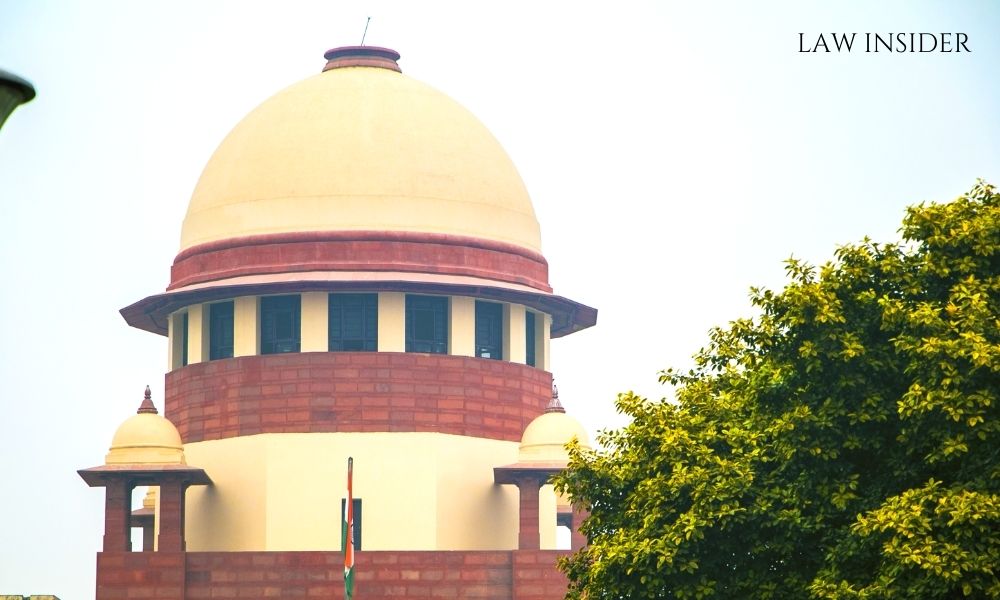LI Network
Published on: 30 August 2023 at 18:33 IST
In a significant legal development, the Supreme Court has invoked its inherent powers as stipulated in Article 142 of the Indian Constitution to reinstate an appellant as a lecturer in English. The case originated from an appeal challenging a Bombay High Court ruling.
In a Division Bench presided over by Justices Abhay S. Oka and Sanjay Karol, the Court determined that, for the sake of upholding justice, it was fitting to exercise its authority under Article 142 of the Constitution. This course of action was deemed appropriate to ensure the appellant’s continued full-time appointment.
The case’s backdrop centers on the appellant’s employment as a lecturer at an educational institution affiliated with Shivaji University, Kolhapur, Maharashtra. The matter revolved around an advertisement published on July 5, 1993, which sought applications for two positions: one in the open category and another in the Scheduled Caste category.
The appellant and another candidate applied for these positions. Despite being second in the merit order, the candidate in question was appointed against the Scheduled Caste category post. When the candidate declined the offer, the appellant was appointed for one academic year. This arrangement persisted through subsequent rounds of applications.
Amid a convoluted sequence of events involving additional advertisements and appointments, the appellant found herself subject to a half-time workload and reduced pay. This led to the appellant’s appeal and the subsequent invocation of Article 142 powers by the Supreme Court.
The Court’s decision hinged on the fact that the appellant’s appointment was initially uncontested, and she had secured her position on merit. Taking this into consideration, the Court used Article 142 to restore the appellant to her role as a full-time lecturer in English. However, the Court specified that this action should not disrupt the position of another party involved in the case.
In light of this decision, the State Government was directed to allocate the necessary grant-in-aid to ensure the appellant’s salary payments from her initial appointment date. This was to be accomplished by potentially creating a supernumerary post to accommodate this adjustment.

